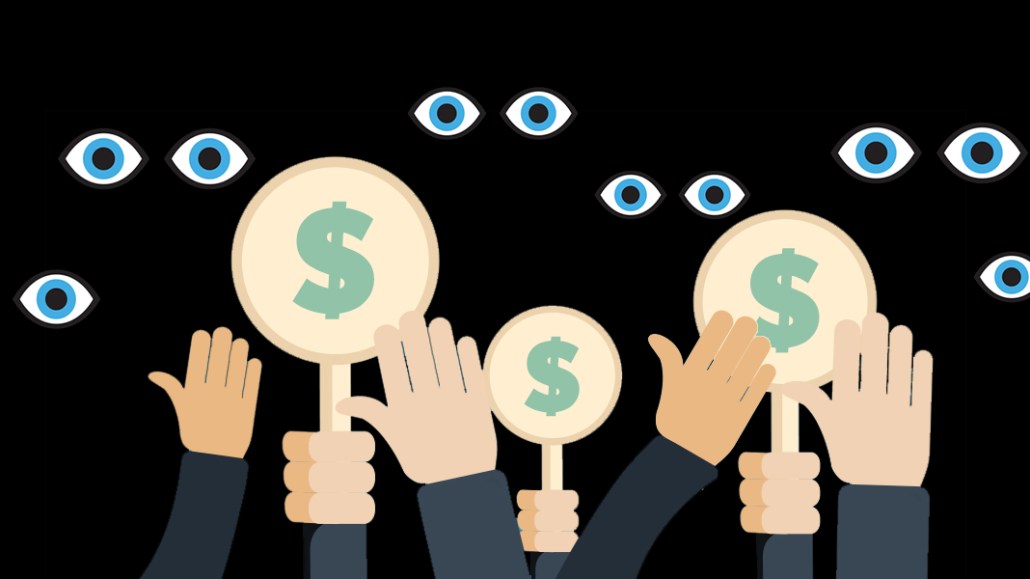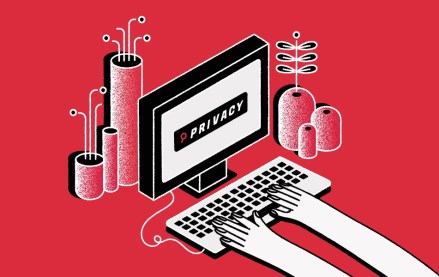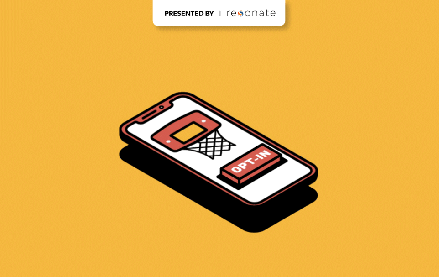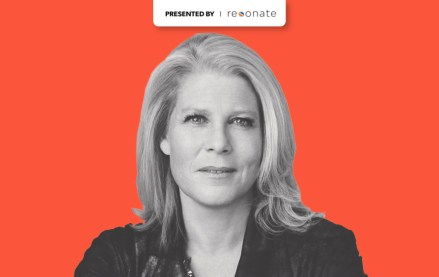
The brand-safety storm that raged throughout the first half of 2017 highlighted how little many advertisers know about their media investments. However, it would seem that those same advertisers are now taking on more of the media-management tasks they previously assigned to agencies.
From Heineken building its own ad network to Diageo assembling its own trusted marketplace of media owners, big-name advertisers are getting wiser to what’s happening to their budgets online. Media expertise is now a must-have rather than a nice-to-have in advertising.
Here’s how brands are trying to play a more active role in deciding how to spend their media budgets.
The numbers
- More than 6 in 10 (65 percent) brands have improved their understanding of the issues surrounding media transparency over the last year with moves such as hiring a head of programmatic, according to a poll of 35 multinational companies the World Federation of Advertisers (WFA) conducted in May.
- Fifty-five percent of advertisers are limiting the number of ads they buy on open ad exchanges, according to the same study.
- Eighty-nine percent of advertisers limit or plan to limit spend in ad networks that are not independently verified, per WFA.
- WFA also found that more than 70 percent of advertisers have changed their media contracts in last year by adding specific clauses to clarify contentious aspects such as rebate and data ownership.
- A quarter (24 percent) of advertisers have taken greater contractual control of programmatic via a hybrid model like the one Volkswagen is building following a media review. A further 41 percent of brands plans to follow in the car maker’s footsteps, per WFA.
- Spend on the major digital platforms like Facebook, Google and YouTube in the U.K. will grow by 11 percent to £10.5 billion ($13.5 billion), according to GroupM, a decline from its earlier forecast of 15 percent growth. The WPP-owned media shop attributed the dip to advertisers not reinvesting the spend they pulled in the wake of the YouTube ad boycott.
- Procter & Gamble (P&G) ran ads on 978 sites between January and May, a 33 percent decrease from the 1,459 sites it ran them on during the same period last year, according to MediaRadar estimates. Meanwhile, Unilever had ads on 540 sites between January and May, an 11 percent drop from the 606 sites it advertised on during the same period in 2016.
The marketer view
Advertisers are “stepping up” to tackle viewability, ad fraud and transparency with “more sophistication” than ever before, said Matt Green, the global lead for media and digital marketing at the WFA. He added that much of the work has been building since early 2016, though he noted the flashpoints around the YouTube ad boycott and P&G’s crackdown on non-working ads as issues that pushed other advertisers to reconsider their plans.
Part of L’Oréal’s attempt to be more involved in its media trading is building a team of marketing specialists, spanning everything from CRM to artificial intelligence. The cosmetics business, which is increasingly taking the lead on programmatic projects it runs with its agencies, said in-housing media expertise was high on its agenda. “We’re still in a position where we’re reviewing the skills we need and are looking across the landscape carefully because it’s hard to decide the big battles to focus on,” said Nick Buckley, the digital director for L’Oréal in the U.K. and Ireland.
The agency view
It’s no surprise to industry observers that brands are trying to bring more digital media skills in-house. Digital is critical to the success of most campaigns, so to outsource not only the activity but also the responsibility for a fragmented supply chain is not sustainable. Elliot Parkus, the U.K. managing director of Blackwood Seven, a media agency that uses AI to plan and buy inventory, said the question is whether agencies have added enough value to clients to justify the markups now being uncovered.
The answer, however, won’t lead to advertisers turning their backs on media agencies, said Nick Manning, the chief strategy officer at marketing and media analytics specialist Ebiquity. The topic of agencies being disintermediated, whether that’s by consultancies, technology platforms like Google or startups, has gotten new life now that brands are reassessing how and where they spend their budgets. But the “vast majority” of advertisers will still continue to work with agencies, said Manning.
“What the trend of brands [taking more ownership of media] is about is them being more involved in the whole process, from planning all the way through to execution and measurement,” he said. “In the past, advertisers would have automatically delegated all those tasks to their agencies, whereas now, media is too important as a matter of good business discipline.”
More in Media

With a new ‘answer engine,’ Brave browser adds another generative AI tool for search
The privacy focused browser’s new tool is the latest to offer a synthesized summary for queries using its independent index.

NBA CMO Henault: How the league added music and fashion to its bench strength
Tammy Henault, CMO of the NBA, shared some of the strategies that helped the association stand out from other pro sports leagues.

‘Beginning to be the practical’: GE global CMO Linda Boff on the evolution of AI in marketing
Boff pointed to market research as an area where AI is beginning to have an impact, in a good way, on an industry feature that has lingered in the traditional.





